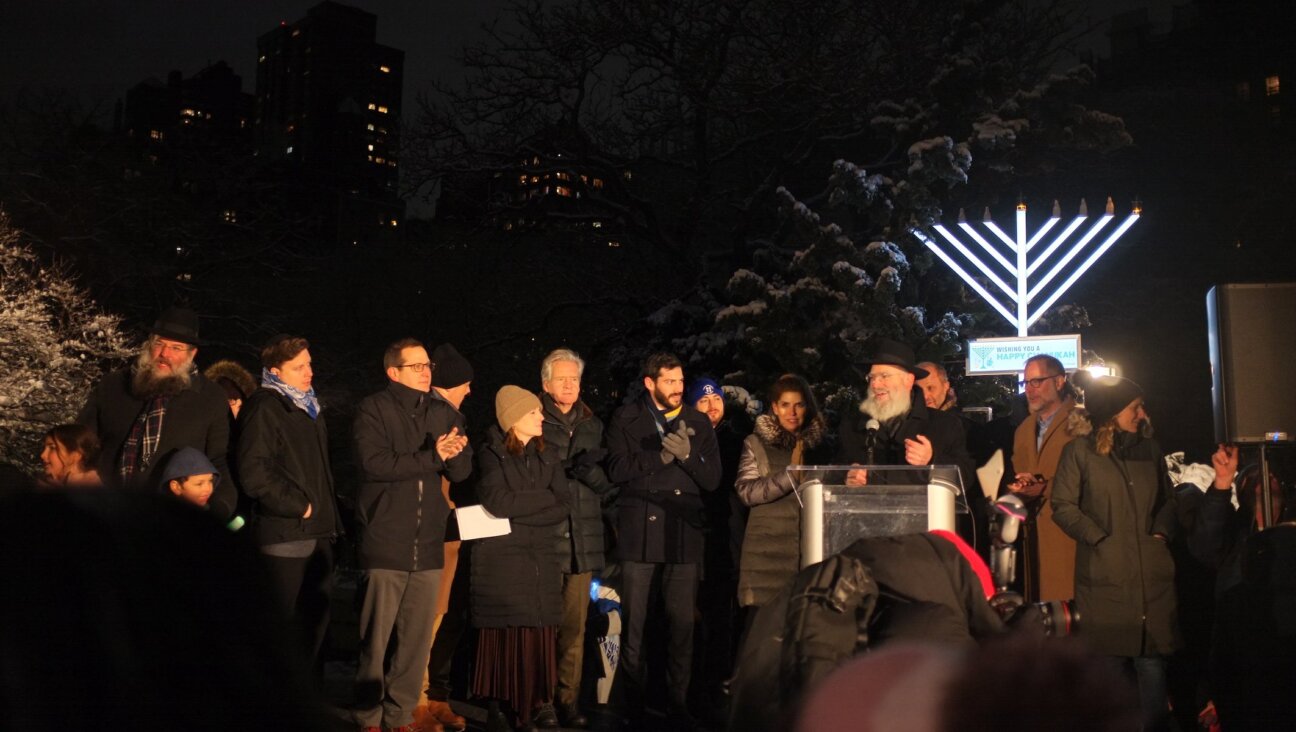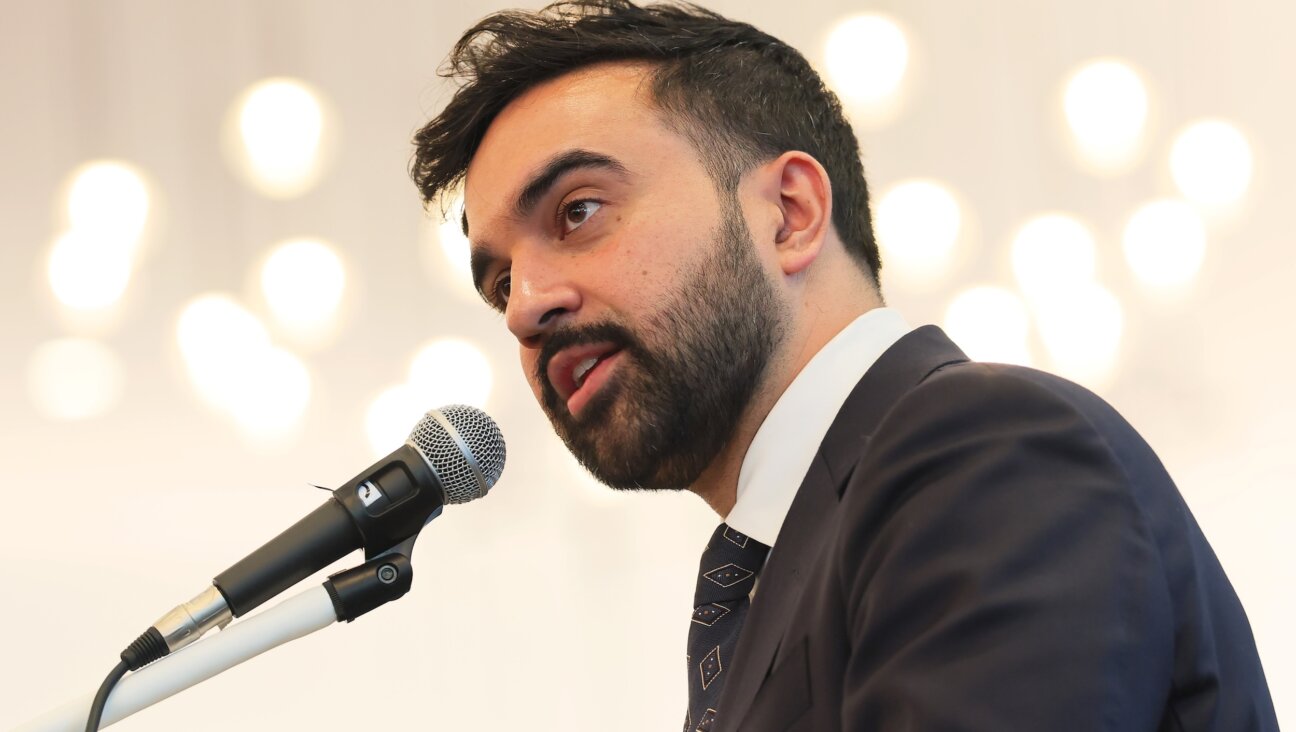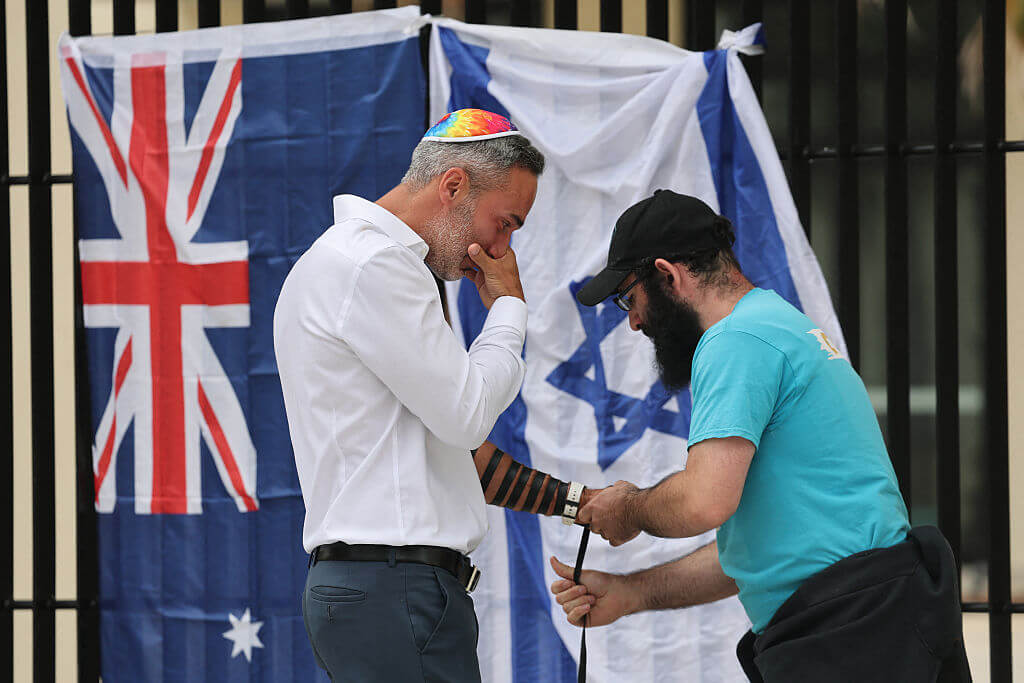Bibi: Hamas’s Gaza Jubilation Proves Israel Is at Risk
Hamas’s vow to vanquish Israel after claiming “victory” in last month’s Gaza conflict vindicates Israel’s reluctance to relinquish more land to the Palestinians, Prime Minister Benjamin Netanyahu said on Sunday.
Khaled Meshaal, the leader of the Islamist Hamas movement, made a defiant speech before thousands of supporters in the Gaza Strip on Saturday, promising to take “inch-by-inch” all of modern-day Israel, which he said he would never recognize.
“Over the last day, we have again been exposed to the true face of our enemies. They have no intention of compromising with us. They want to destroy our country,” Netanyahu told his weekly cabinet meeting.
The Israeli leader has faced fierce foreign criticism this week for announcing a wave of Jewish settlement building in the occupied West Bank and East Jerusalem following a de-facto recognition by the U.N. General Assembly of a Palestinian state.
But Netanyahu said Israel would never withdraw unilaterally from the West Bank as it had done from Gaza in 2005, arguing that this would risk creating another territory from which Palestinians could launch rockets at Israeli cities.
“I am always aghast at the delusions of others who are prepared to pursue this process and call it peace,” he said.
“We want a true peace with our neighbours, but we will not close our eyes nor bury our heads in the sand,” he said, adding that this required Israel to “stand up to international pressure”.
Although Hamas refuses to recognise Israel or renounce violence, the Western-backed Palestinian President Mahmoud Abbas has said he is ready to make peace on the basis of the lines that existed before the 1967 war, when Israel seized the West Bank, East Jerusalem and the Gaza Strip.
ABBAS UNITY
Direct talks broke down in 2010 over the issue of settlement building and Abbas, who holds sway in the West Bank, has since called for reconciliation with Hamas, which ousted his own forces from Gaza in a 2007 civil war.
Hamas’s 1988 founding charter calls for the destruction of Israel and for recovering all mandate Palestine, although Hamas leaders have said in recent years the movement could live peacefully alongside Israel if it wins a state on all land occupied in 1967. Various Hamas officials have at times indicated a willingness to negotiate a ceasefire, possibly decades long, with Israel.
“What is interesting is that Abu Mazen (Abbas), of all people, did not condemn the (Hamas) words calling for Israel’s destruction, just as previously he did not condemn the rockets fired at Israel (from Gaza),” Netanyahu said.
“And to my regret he is working for unity with this same Hamas, which is supported by Iran.”
Hamas is celebrating the 25th anniversary of its foundation this week, turning the event into a “victory” party following its eight-day conflict with Israel last month in which some 170 Palestinians and six Israelis, mostly civilians, were killed.
Israel not only killed the group’s military mastermind during the fighting, but also says it destroyed long-range Gazan rocket arsenals and secured a ceasefire that put an end to indiscriminate attacks from the coastal enclave.
As a first-time premier in 1997, Netanyahu sent Mossad assassins to kill Meshaal, then a mid-level Hamas figure, in Jordan in reprisal for a wave of Palestinian suicide bombings. They botched the mission, and the ensuing recrimination from Amman forced Israel to free the jailed spiritual leader of Hamas. The episode helped propel Meshaal to the top ranks.
A cabinet minister from Netanyahu’s rightist Likud party, Yisrael Katz, said Israel could again target Meshaal should Hamas not keep the Egyptian-brokered Gaza truce of Nov. 21.
“He said he wishes to die a martyr, and there is a high probability that this last wish would be realised, and he would become a legitimate target, should the quiet be violated,” Katz told Israel Radio.
Meshaal is making his first visit to Gaza and is expected to return to Egypt on Monday. He lives between Doha and Cairo, and is the Hamas point person for all its foreign ties.














